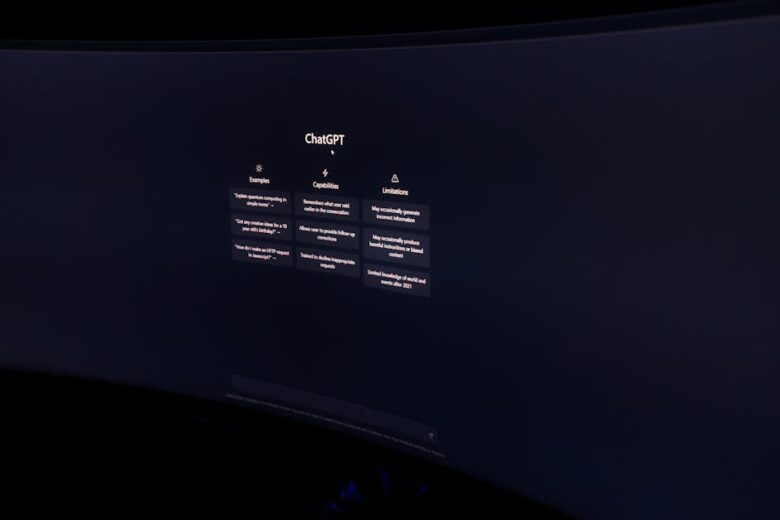Understanding UFO Tracking Software Capabilities
In the age of technology and exploration, the mystery of Unidentified Flying Objects (UFOs) captivates both seasoned researchers and curious minds alike. With advancements in technology, UFO tracking software has become an essential tool in the quest to understand these enigmatic phenomena. Let’s dive into the intriguing world of UFO tracking software and discover its capabilities!
Table of Contents
1. Introduction to UFO Tracking Software
2. Key Features of UFO Tracking Software
3. How Does UFO Tracking Software Work?
4. Real-World Applications of UFO Tracking Software
5. Challenges and Limitations
6. Conclusion
7. FAQ
Introduction to UFO Tracking Software
The fascination with UFOs is nothing new; sightings have been reported for centuries. However, as technology evolves, so do our methods of investigation. UFO tracking software has emerged as a pivotal tool for enthusiasts and researchers to document, analyze, and share data on UFO sightings. But what exactly is UFO tracking software? At its core, this software is designed to capture and analyze data related to UFO sightings, often integrating various data sources like radar, satellite images, and eyewitness reports.
Key Features of UFO Tracking Software
UFO tracking software isn’t just about collecting data; it’s about making sense of it. Here are some of the key features that make this software invaluable:
🔍 Data Integration
One of the standout features is the ability to integrate data from multiple sources. This includes radar systems, satellite imagery, and even social media reports. By consolidating data from diverse origins, the software provides a comprehensive picture of potential UFO activity.
📊 Advanced Analytics
Advanced analytics tools allow users to analyze patterns and trends in sightings. This can help identify hotspots or recurring activities that warrant further investigation. Imagine being able to predict UFO sightings based on historical data—intriguing, right?
🌐 Real-Time Updates
Many UFO tracking applications offer real-time updates, allowing users to receive notifications of new sightings as they occur. This feature is particularly useful for researchers who wish to respond swiftly to new reports.
🗺️ Interactive Mapping
Interactive maps are a common feature, enabling users to visualize sightings geographically. This can help identify clusters of activity and provide insights into potential flight paths or areas of interest.
How Does UFO Tracking Software Work?
The mechanics behind UFO tracking software are as fascinating as the phenomena they study. These applications typically utilize a combination of algorithms and data processing techniques to sift through vast amounts of data. Here’s a simplified breakdown of the process:
1. **Data Collection**: The software gathers data from various sources, including radar, satellite, and public reports.
2. **Data Processing**: Algorithms analyze the data to identify patterns, anomalies, and correlations.
3. **Data Display**: The processed data is presented in a user-friendly format, often through dashboards and interactive maps.
4. **Alert System**: Users are notified of significant findings or new sightings, ensuring timely responses.
Real-World Applications of UFO Tracking Software
Beyond the thrill of the chase, UFO tracking software holds practical applications:
🛡️ National Security
Government agencies may use this software to monitor unidentified aerial phenomena for national security purposes. Understanding these sightings can help determine if they pose any threat.
🌌 Academic Research
Academics and researchers can leverage the software to study UFO phenomena scientifically, contributing to the broader understanding of aerial anomalies.
👥 Community Engagement
UFO tracking software fosters a sense of community among enthusiasts, allowing them to share sightings and collaborate on investigations.
Challenges and Limitations
While UFO tracking software offers remarkable capabilities, it is not without its limitations. Data accuracy can be affected by factors such as false reports or technical glitches. Additionally, the interpretation of data can be subjective, with skeptics and believers often drawing different conclusions from the same information.
Conclusion
UFO tracking software represents a fusion of technology and curiosity, enabling us to explore one of the universe’s most captivating mysteries. While challenges remain, the capabilities of these tools continue to evolve, paving the way for new discoveries. Whether you’re a skeptic, a believer, or just curious, there’s no denying the allure of the unknown.
FAQ
Q1: How reliable is the data from UFO tracking software? 🤔
A: The reliability varies depending on the data sources and the software’s ability to filter out anomalies and false reports. It’s always important to consider multiple data points before drawing conclusions.
Q2: Can anyone access UFO tracking software? 🖥️
A: Many UFO tracking applications are available for public use, although some advanced features might be restricted to researchers or require subscriptions.
Q3: What should I do if I witness a UFO sighting? 👀
A: If you witness a UFO sighting, document as much information as possible, including time, location, and any distinguishing features. You can report it to a UFO tracking platform for analysis and collaboration.
Q4: Is there a possibility of misinterpretation in the data? ⚠️
A: Yes, interpretation can vary. What one person may see as a UFO, another may identify as a natural or man-made object. Critical analysis and peer reviews are essential in these investigations.
Looking for a side hustle
Check out one of the best around atm
